Requires Prescription: Yes
Generics: Esomeprazole
Used For: Acidity & Ulcers
How It Works:
Esomeprazole inhibits the H+/K+ ATPase enzyme in the proton pump, which is responsible for secreting hydrochloric acid into the stomach. This action effectively reduces stomach acid production and adjusts gastric pH.
Usage and Safety:
Dosage: Esomeprazole
Side Effects: Common side effects include headache, gastrointestinal upset, skin reactions, and dry mouth. Rare side effects may include angioedema, anaphylaxis, and fundic gland polyps.
Drug Interactions: Potential interactions with Phenytoin, Warfarin, Clopidogrel, Ketoconazole, Itraconazole, Voriconazole, Diazepam, Citalopram, Imipramine, Clomipramine, CYP3A4 inhibitors or inducers, Tacrolimus, Digoxin, Erlotinib, and Methotrexate.
Indication:
Used for treating heartburn, GERD, gastritis, and ulcers.
When Not to Use:
Contraindicated in patients with hypersensitivity to proton pump inhibitors (PPIs). Hypersensitivity reactions, including angioedema, anaphylaxis, bronchospasm, acute interstitial nephritis, and urticaria, have been reported.
Precautions:
Long-term use (more than 3 years) may lead to malabsorption or deficiency of cyanocobalamin (Vitamin B12).
Warnings:
Warning 1: Rare cases of hypomagnesemia have been reported with prolonged PPI use.
Warning 2: Long-term use may increase the risk of osteoporosis-related fractures of the hip, wrist, or spine.
Warning 3: Avoid concurrent use with Clopidogrel due to potential interactions.
Additional Information:
Pregnancy Category: Consult your physician before using this medicine.
Storage: Store at room temperature, away from direct light and heat.


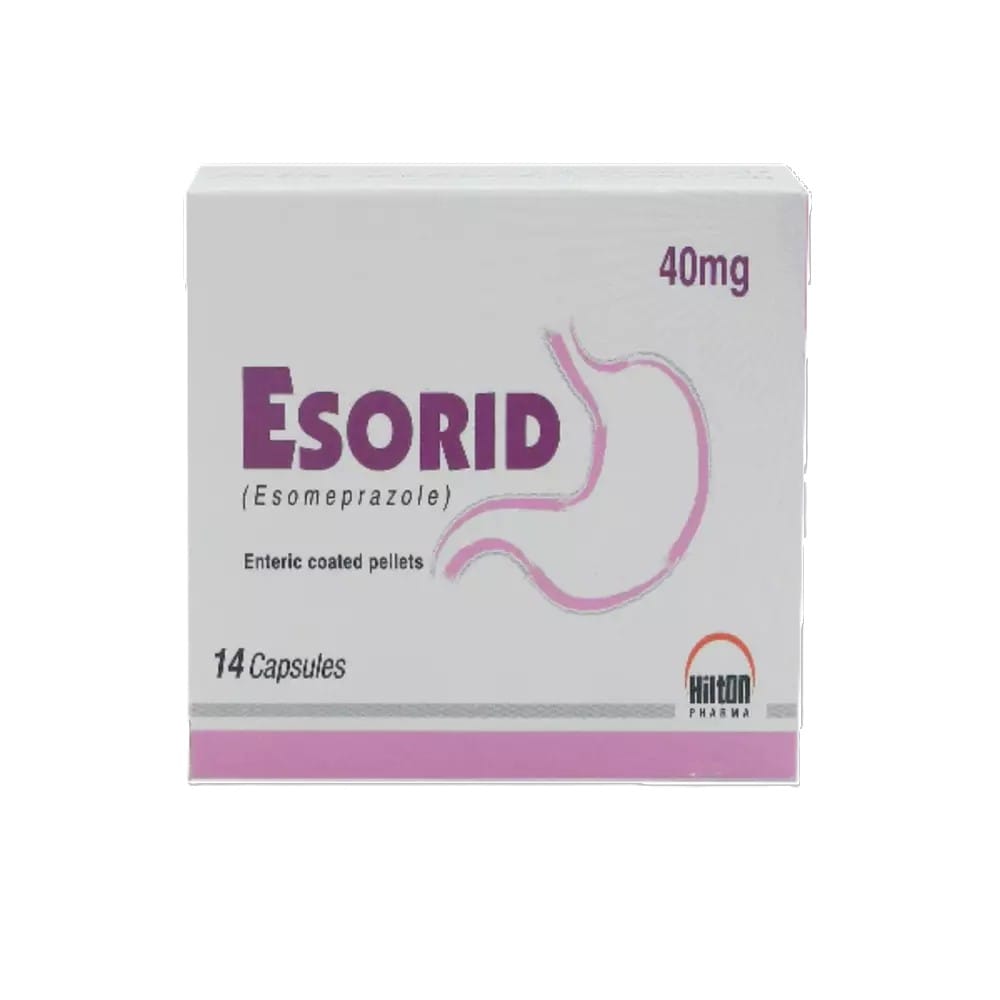
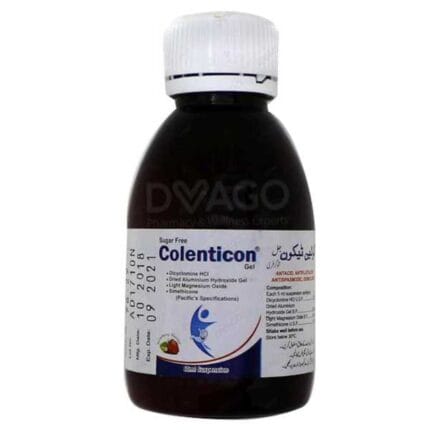




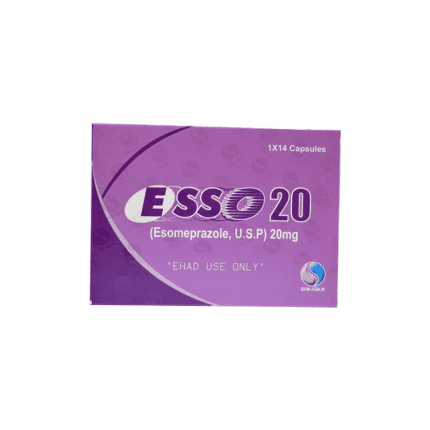
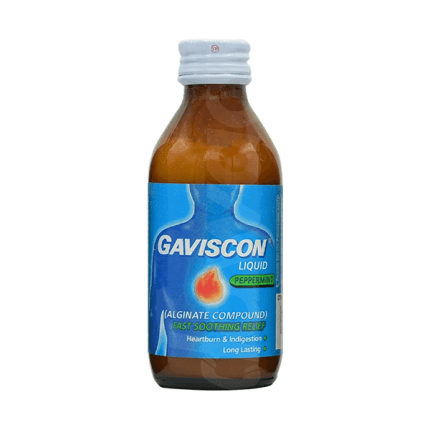
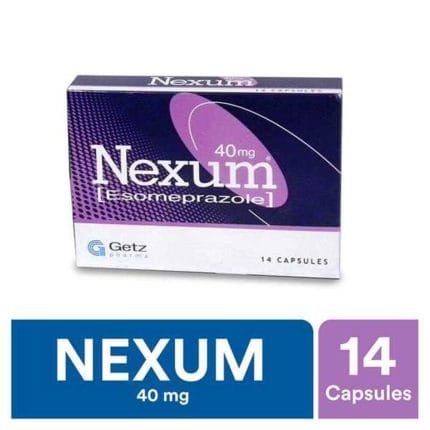

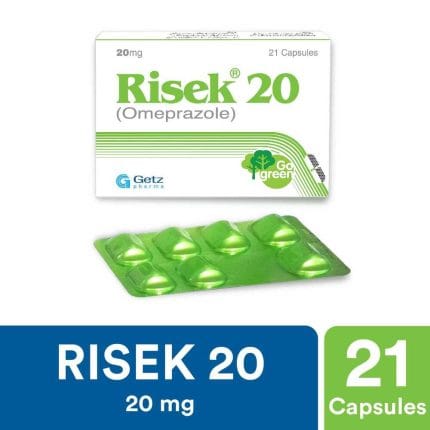









Reviews
There are no reviews yet.